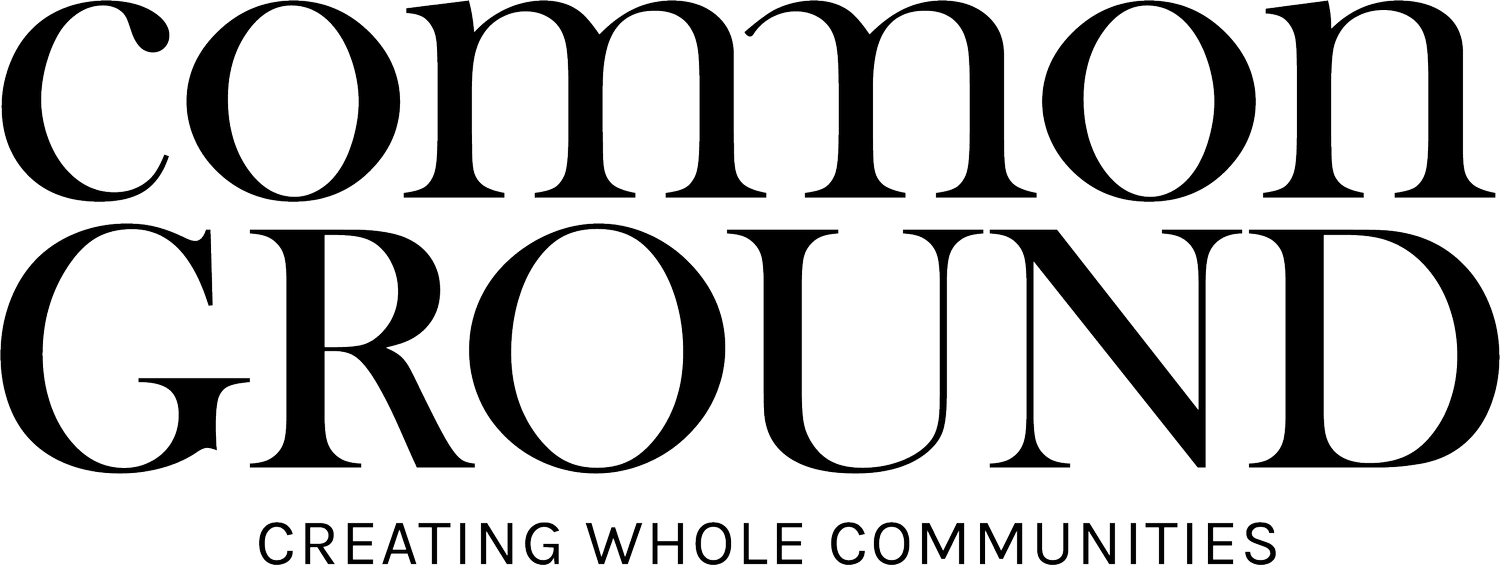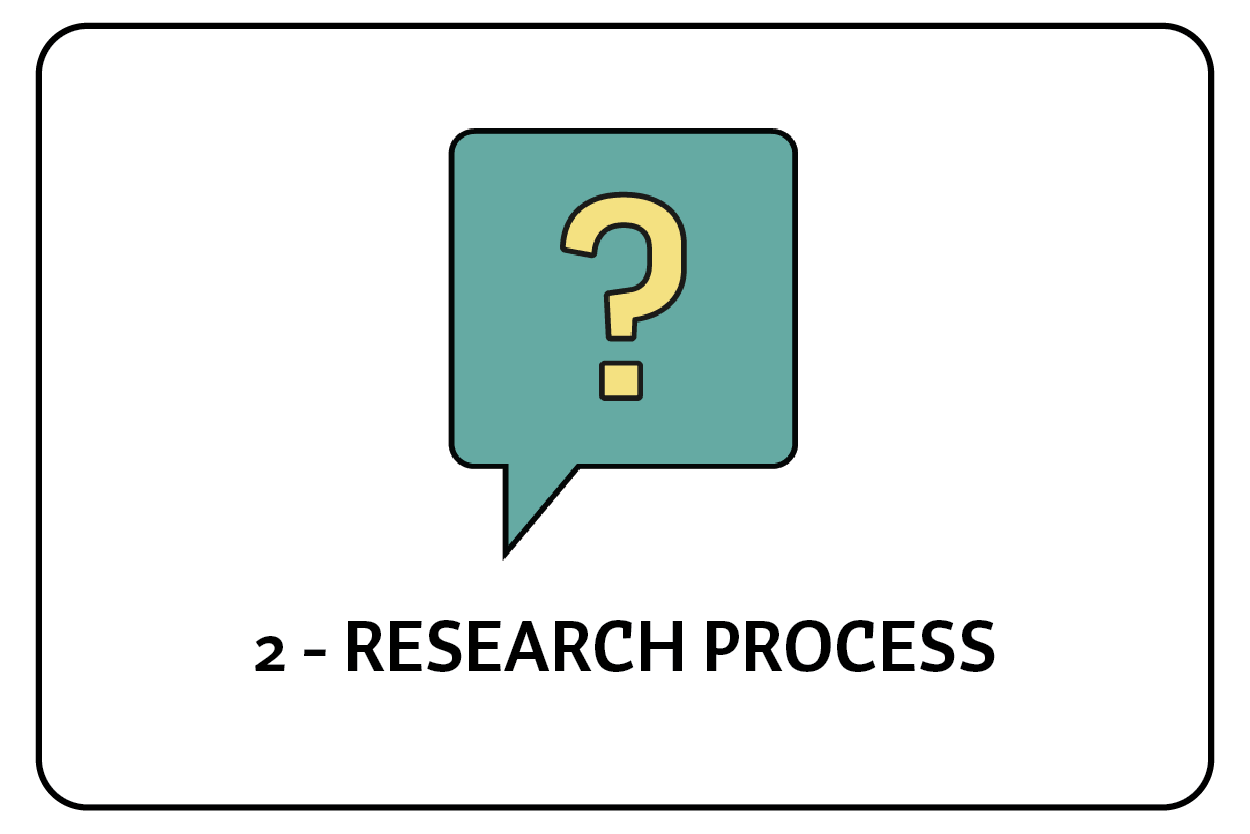What insights did we get in the research phase?
In the first round of research with the experienced facilitators, what was interesting for us was that even though facilitators differed in what they defined as conversations or complexity, there was a lot of agreement around what made conversations complex.
These factors and corresponding outcomes can be classified into 3 categories:
1. What’s going on in the people at the conversation/meeting?
Our under-developed listening skills and self-awareness deafens us to hearing people's concerns and blinds us to seeing our own contribution to the problems and solutions.
Our unclear agendas and unclear intentions muddies our thoughts and stagnates the flow of the conversation.
Our uncertainties about how we relate to individuals and groups present discourages honest sharing and genuine connections with others.
2. How has the conversation/ meeting been designed?
The more complex the topic, the more stakeholders we need to involve and the more perspectives we need to consider.
The more people we have in a conversation, the more perspectives, interests, expectations and goals we have to clarify and coordinate.
BUT paradoxically,The more key stakeholders we leave out of the conversation, the more potential blindspots and buy-in issues we may have.
The wider the power gap between people in a conversation, the higher the tendency for the less powerful or the more submissive to silence themselves, self-censor or make politically correct statements.
The more participants with undefined roles and agendas we involve in the conversation, the more unspoken concerns we create in others.
3. What’s going on in the environment surrounding the conversation or meeting?
The more the work culture focuses on short turn-around times and short-term results, the less willing and able its people are at discussing long-term problems and possibilities.
The more the work culture favours competition and hierarchy, the less willing and able its people are at discussing openly and collaboratively.
Apart from understanding what made conversations complex, we also wanted to find out what were frameworks or strategies that these experienced facilitators used to navigate these complex conversations.
What was surprising to us was that while there were some frameworks that were used more often by facilitators, there was no clear consensus around frameworks, which led to the question:
“What enables you to intervene effectively?”
Most replied with this simple but mysterious-sounding answer:
“It's your Self. It's your “Use of Self”.
Seasoned facilitators will all tell you that in the end, even the best frameworks can only take you so far. No framework can sufficiently prepare you for the full range of things that can suddenly emerge in a conversation.
Using frameworks is important for facilitating difficult conversations, but it is how the facilitator uses herself/himself that truly makes or breaks a difficult moment in conversation. Our seasoned facilitators’ observations of what makes a facilitator effective can be simplified in the Be, Do, Have frame (popularised by Steven Covey):
Do I embody qualities, attributes and characteristics that give me permission to DO the work with everyone in the conversation?
Be
Can I do the work of designing a conversational process as well as facilitating the conversation using whatever knowledge I HAVE?
Do
Have
Do I have some appropriate models and strategies of how to approach a conversation?

“HAVING” - models, strategies and tools, along with “DOING” - designing the conversation and practising facilitation will be essential for individuals who are just starting out in facilitation.
However, for those further along in their facilitation journey, “BEING” will be what enables you to deal with more difficult or complex conversations.
This mysterious state of Self-assurance, Self-confident and Self-actualised has been described by our facilitators as:
being authentic
being trusted
being courageous yet humble
being fully present yet neutral
being passionate yet purposeful
embodying belief in the work

Our Journey
Click the boxes to explore different parts of the project!









